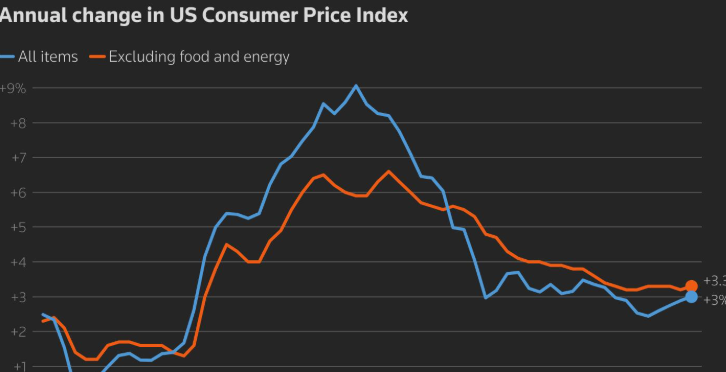$DAX $EURUSD $VOW3
#Germany #Election2025 #Politics #Markets #Investing #Economy #Euro #Stocks #Crypto #Inflation #Europe #Finance
Germans are voting in the 2025 federal election on Sunday, marking a pivotal moment for Europe’s largest economy as a leadership transition looms. With Chancellor Olaf Scholz confirming he will not seek re-election, financial markets have been closely watching the race, particularly amid predictions that far-right parties, including the Alternative for Germany (AfD), could make significant gains. The uncertainty surrounding the outcome has already put downward pressure on the German stock market, with the DAX index experiencing volatility in the weeks leading up to the vote. Investors remain concerned about potential policy shifts that could affect trade, fiscal policy, and the broader EU economy, as Germany plays a central role in the European financial system.
A strong showing for the AfD or other populist-aligned parties could signal a shift toward more protectionist and nationalist policies, impacting Germany’s trade relationships, regulatory frameworks, and financial outlook. The euro has already faced pressure in currency markets, as investors contemplate the potential impact of political instability on the broader European Union. The EUR/USD pair has shown increased volatility as traders weigh risks associated with new leadership and potential changes in monetary policy coordination between Germany and the European Central Bank (ECB). Meanwhile, major German industrial stocks, such as Volkswagen ($VOW3), have also experienced fluctuations, given the uncertainty about potential shifts in environmental and energy policies that could affect manufacturing sectors.
Financial analysts have warned that a fragmented result, with no party securing a clear majority, could lead to prolonged coalition negotiations, potentially delaying key economic and fiscal decisions. Markets historically react negatively to prolonged political uncertainty, and investors are particularly concerned about whether Germany will continue its commitment to EU-backed economic policies, including fiscal unity and trade agreements. Additionally, any deviation from economic policies that promote stability—such as maintaining current budgetary discipline—could further exacerbate inflation concerns, not only in Germany but across the European bloc. The prospect of policy gridlock could also dampen investor sentiment, weighing on foreign direct investment and corporate decision-making in key sectors such as energy, technology, and finance.
As election results begin to emerge, financial markets will be closely watching for signs of political stability or further fragmentation. A market-friendly outcome—such as a coalition favoring EU-aligned economic policies—could help restore confidence in the German economy, strengthening the euro and lifting equities. On the other hand, a stronger-than-expected performance for far-right or Eurosceptic parties might lead to sustained economic uncertainty, pushing investors toward safe-haven assets, such as the U.S. dollar and gold. The outcome of this election will have lasting implications, not only for Germany’s financial markets but also for broader European and global economic sentiment. Investors and policymakers will need to carefully navigate the evolving political landscape to anticipate the economic shifts that could follow.











Comments are closed.